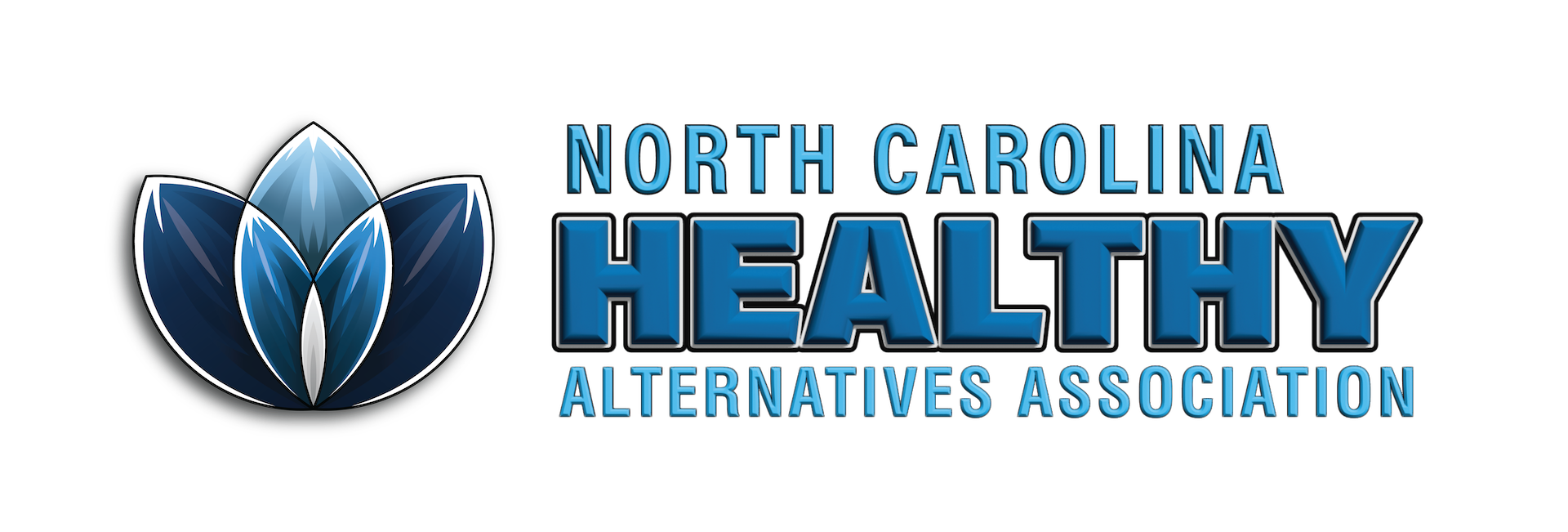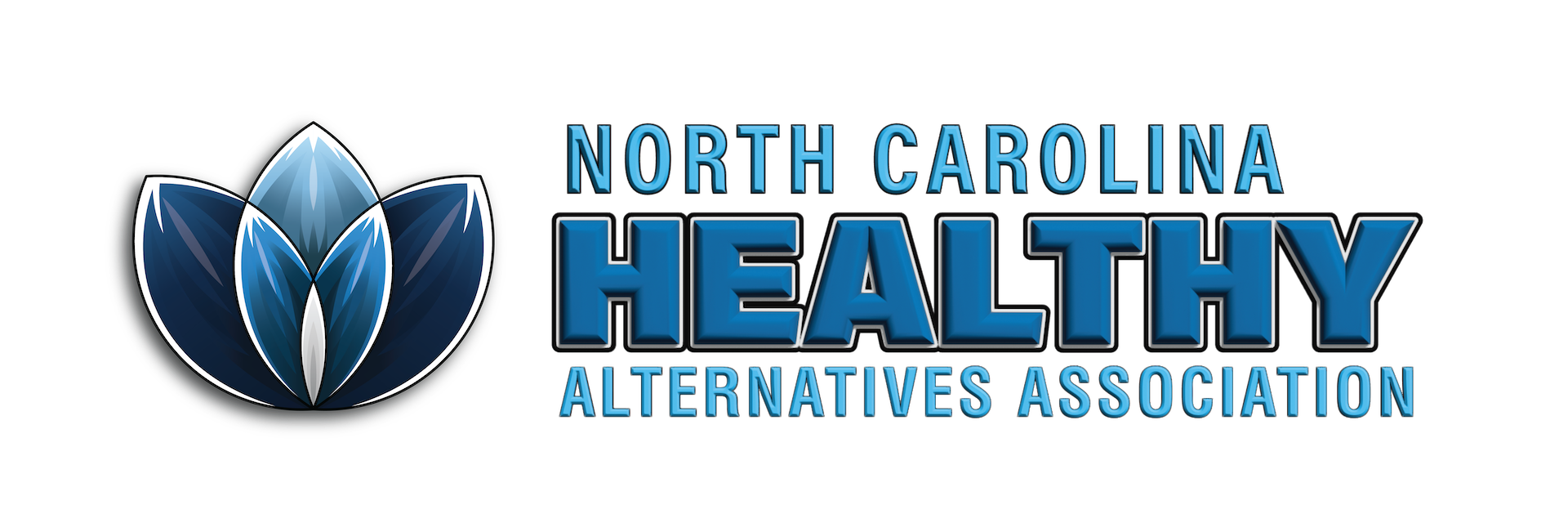
Two Bills, Two Futures: What NC's Hemp Industry Is Really Up Against
North Carolina is standing at a critical fork in the road. The state’s lawmakers are currently weighing two vastly different visions for how hemp-derived products should be regulated. One approach builds on public safety, economic sustainability, and common sense. The other threatens to erase an entire industry overnight.
At the heart of this debate are two bills that sound similar but offer very different outcomes: Senate Bill 328 (as passed by the Senate) and its revised House version, along with Senate Bill 265. Understanding the difference between these bills is crucial not just for lawmakers, but for the small businesses, veterans, consumers, and farmers whose lives and livelihoods depend on accessible, well-regulated hemp products.
The Path Toward Progress: Smart Regulation
The House version of SB328, along with SB265, offers a framework for hemp regulation that emphasizes safety without destroying access. These bills aim to:
-
Set reasonable age restrictions (21+) on psychoactive products
-
Require accurate labeling and product testing
-
Ensure that packaging is child-resistant and tamper-evident
-
Create a consistent regulatory environment to support public health and industry stability
This path acknowledges the reality that hemp-derived products are widely used in North Carolina—particularly by veterans and wellness seekers—and that banning them outright does more harm than good.
By advancing age-appropriate, science-backed regulation, these bills provide a roadmap for safety while preserving access for adults who rely on cannabinoids like CBD, THCa, and others for daily relief.
The Path of Prohibition: HB328 (Senate PCS)
By contrast, the version of SB328 passed in the Senate—often referred to in public discussion as HB328 due to confusion in numbering—represents a sweeping crackdown on hemp-derived cannabinoids. This version would:
-
Ban all hemp products containing cannabinoids other than Delta-9 THC at 0.3% or below
-
Outlaw products like THCa flower, Delta-8, HHC, and even many full-spectrum CBD formulas
-
Eliminate access for adults seeking legal, non-intoxicating options
-
Disregard the needs of veterans, caregivers, and small businesses
This approach uses fear rather than facts to inform legislation. Instead of developing enforceable, safe, and inclusive policy, this version of the bill imposes a one-size-fits-all ban that treats hemp like an unregulated threat—even though federal law has allowed it since 2018.
What We Stand to Lose
If the restrictive version of SB328 passes, North Carolina stands to lose far more than products on shelves:
-
Thousands of jobs tied to hemp farming, processing, distribution, and retail
-
Veterans’ access to natural alternatives for pain, sleep, and PTSD relief
-
Small businesses, many of them women- or veteran-owned, that serve rural and urban communities
-
State tax revenue from legal, regulated hemp commerce
-
Public trust, as communities lose access to familiar and beneficial wellness tools
These aren’t hypotheticals—they’re lived realities for the thousands of North Carolinians who rely on hemp as a source of income, healing, and community care.
The Role of the Cannabis Advisory Council
Fortunately, not all action is being driven by fear or confusion. Governor Josh Stein recently established the State Advisory Council on Cannabis, which includes voices from healthcare, law enforcement, agriculture, tribal leadership, and more. This Council is tasked with exploring how cannabis and hemp should be regulated in North Carolina and will present recommendations in 2026.
This effort signals a desire to move beyond prohibition and toward thoughtful, inclusive policymaking. But with the restrictive Senate bill already passed and House action imminent, the window to shape smart policy is narrowing.
A Call for Balanced Solutions
North Carolina does not need to choose between public safety and personal freedom. We can have both. With common-sense rules around labeling, age restrictions, and quality testing, the hemp industry can thrive while protecting consumers.
NCHAA supports legislation that builds—not bans. We believe in regulation that protects youth and public health without eliminating access or criminalizing small businesses. We encourage lawmakers to support SB265 and the House PCS of SB328, and to reject the Senate’s overly restrictive version.
The future of hemp in North Carolina depends on smart policy. The choice is clear: regulate fairly or ban unfairly. One path supports progress; the other sets us back.
Excerpt: North Carolina’s hemp industry stands at a legislative crossroads. One path protects access, supports veterans, and preserves jobs. The other imposes a blanket ban that threatens everything this industry has built. Here’s what you need to know about the two bills shaping our future.
Meta Title: Two Bills, Two Futures: What NC’s Hemp Industry Is Really Up Against
Meta Description: North Carolina lawmakers are deciding between two radically different hemp bills. One supports safe access and jobs; the other imposes an industry-wide ban. Learn what’s at stake.
URL: nchaa.org/blog/nc-hemp-bills-crossroads
Tags: #NChemp #HempPolicy #SB328 #HB328 #ProtectHemp #SmartRegulation #VeteransForHemp #NCsmallbusiness
AI Image Prompt: "A clean, hopeful image of two diverging roads in a rural field of hemp, with one path bright and flourishing (signs labeled 'Access'

